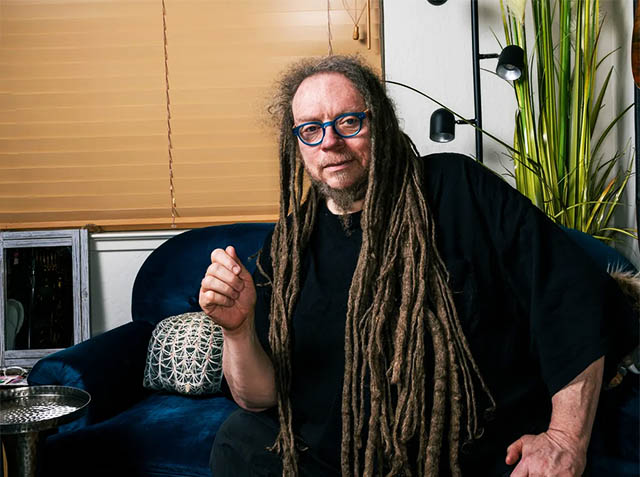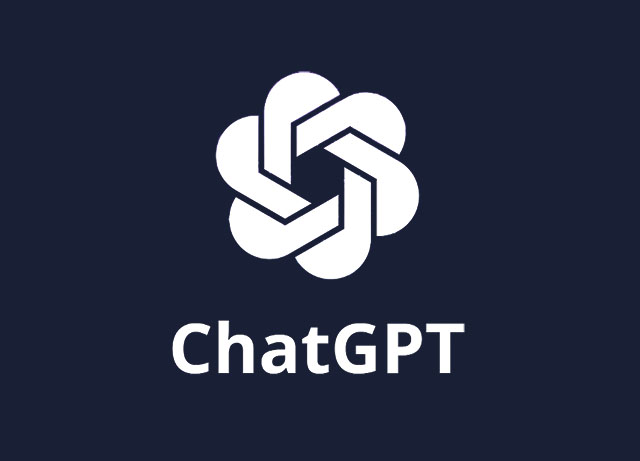Three types of tech workers most likely to be influenced by ChatGPT chatbots and AI
According to Challenger, Gray & Christmas, the tech industry has already shed 5% more jobs so far this year than in all of 2022. This rate of job losses is expected to surpass the number of job losses in 2001, which was the worst year for tech job losses due to the dot-com bust.
Three types of tech workers most likely to be affected by ChatGPT chatbots and AI
As the number of layoffs continues to rise, employees are not only afraid of being fired, they are afraid of being replaced altogether. A recent Goldman Sachs report found that 300 million jobs worldwide will be affected by artificial intelligence and automation.
But ChatGPT and AI shouldn't ignite employees' fears because these tools will help people and companies work more effectively, says Sultan Saidov, co-founder and president of Beamery, a global human capital management software-as-a-service company with its own GPT, or generative pre-training transformer, called TalentGPT.
"It has been estimated that 300 million jobs will be affected by AI and automation," Saidov said. "The question is: Does this mean that these people will change their jobs or lose their jobs? I think, in many cases, it will be change rather than loss.
Creatives and designers should take advantage of AI skills
ChatGPT is a GPT tool that uses learning models to generate human-like responses, and Saidov says GPT technology can help workers do more than just have conversations. In the tech industry in particular, specific jobs are affected more than others.
Saidov points out that creative people in the tech industry, such as designers, video game creators, photographers and those who create digital images, may not have their jobs completely eliminated. It will help these employees create more and get their work done faster, he said.
Software developers and engineers will be affected
As a result of the ChatGPT buzz, many software developers and engineers are worried about their job security, leading some to seek out new skills, learn how to design generative artificial intelligence and add these skills to their CVs.
'It's unfair to say that GPTs will completely replace jobs such as developers and engineers,' says Sameer Penakalapati, CEO of AI-powered talent acquisition platform Ceipal. But even though these jobs will still exist, their tasks and responsibilities may be diminished by GPT and generative AI.
Penakalapati says there is an important distinction between GPT specifically and generative AI more generally when it comes to the job market. GPT is a mathematical or statistical model designed to learn patterns and provide results. But other forms of generative AI can go much further, he says, reconstructing different outcomes based on patterns and learning, almost mimicking the human brain.
For example, Penakalapati said, if you look at software developers, engineers and testers, GPT can generate code in seconds to give software users and customers what they need without having to relay requirements, tweaks and fixes back and forth to the development team. He says GPT can do the job of a coder or tester immediately, rather than the days or weeks it might take for a human to generate the same thing.
Penakalapati says generative AI can affect software engineers more broadly, especially devops (development and operations) engineers, from the development of code to deploying it, performing maintenance, and making software development updates. In this broader set of tasks, generative AI can mimic what engineers do in the development cycle.
While development and engineering roles are rapidly adapting to these tools in the workplace, Penakalapati says it is unlikely that these tools will ever completely replace humans. It is more likely that we will see a reduction in the number of developers and engineers needed to develop software.
Knowledge workers can benefit from ChatGPT
Michael Chui, a partner at McKinsey Global Institute, says that while GPTs and artificial intelligence will heavily impact more roles, the incorporation of these tools will affect every knowledge worker, often referred to as anyone who uses or processes information in their work.
"These technologies allow people to create first drafts of all sorts of different things very quickly, whether it's writing, generating computer code, creating images, videos and music," Chui said. "You can imagine that almost any knowledge worker could benefit from this technology."
A recent study by OpenAI, creators of ChatGPT, found that about 80 per cent of the US workforce could be affected by the introduction of learning models in GPT technology for at least 10 per cent of their tasks, while about 19 per cent of workers could see 50 per cent of their tasks affected.
In some ways, Chui says, we can predict that workers of the future will not be able to imagine a world of work without AI and GPT tools.
Related Article
-

Compared to chatgpt, DeepSeek: A Journey of Innovation and Growth
-

OpenAI Company Accused of Not Taking Security Seriously, Failing to Disclose and Report 2023 Breache
-

A German magazine editor-in-chief was fired after faking a Schumacher interview with artificial inte
-

Leading U.S. scientist Jaron Lanier calls for an end to the deification of AI and the dignity of dat
-

Overview of ChatGPT profile, impact of future development and concerns raised
-

Top 10 industries set for huge growth and fast cash in combination with ChatGPT

